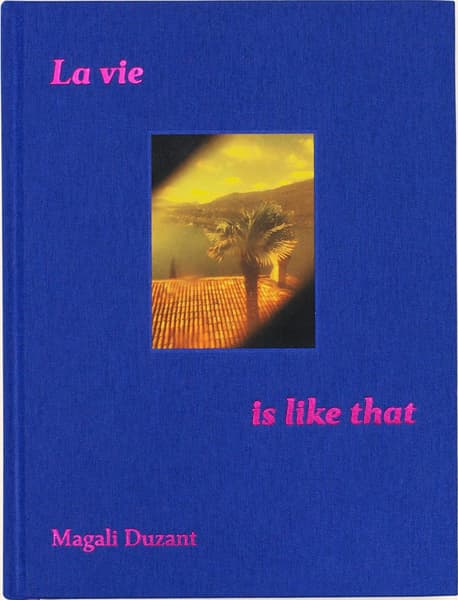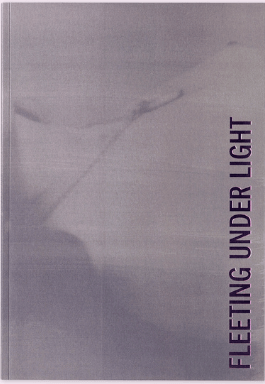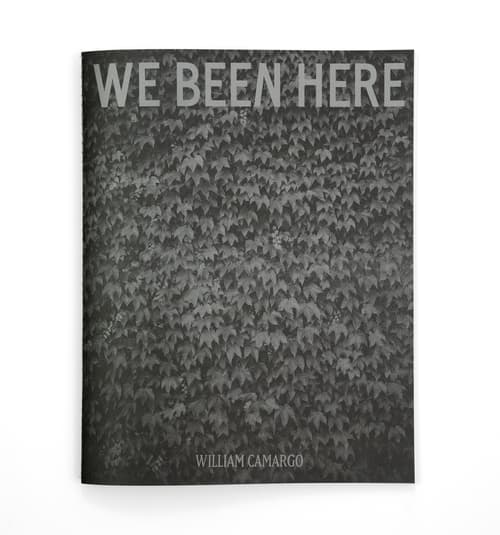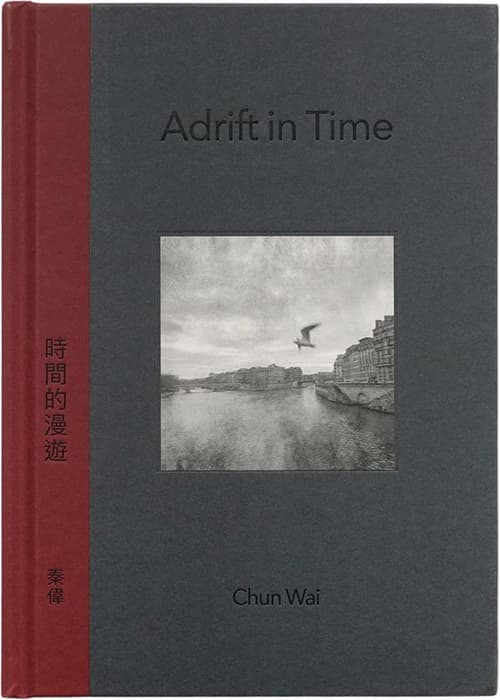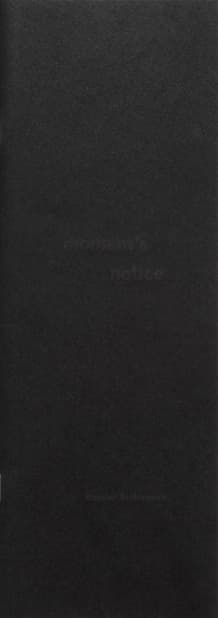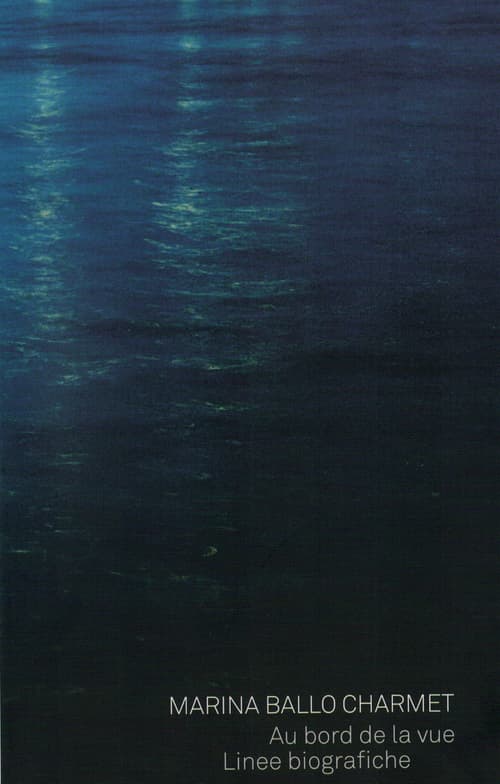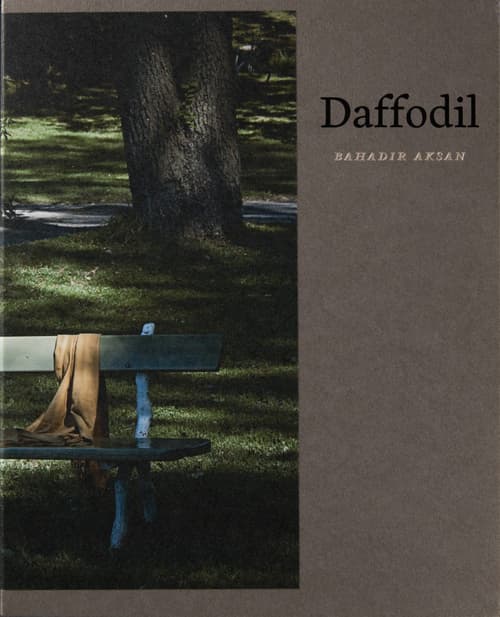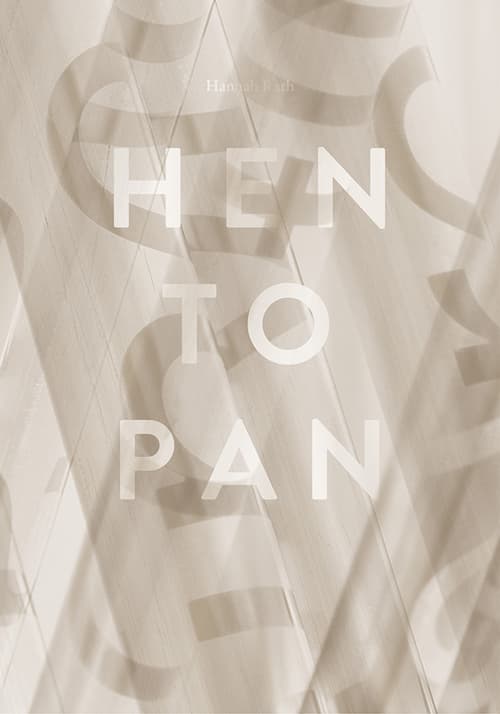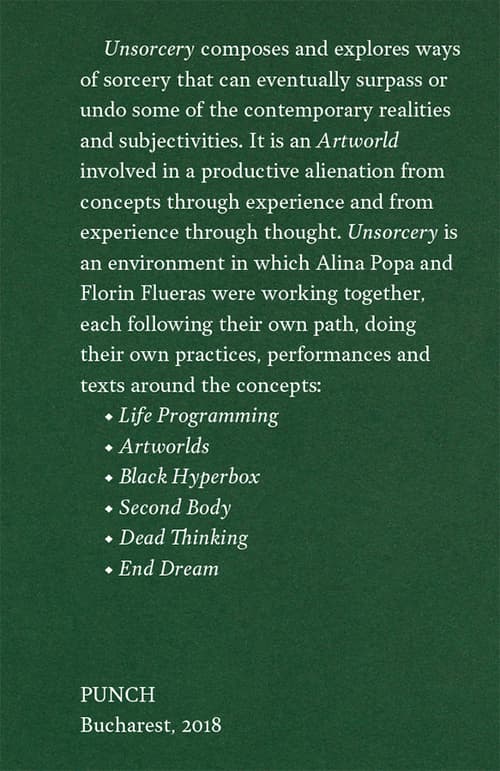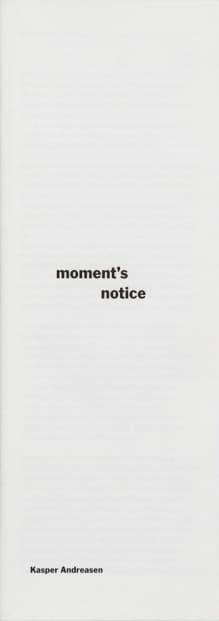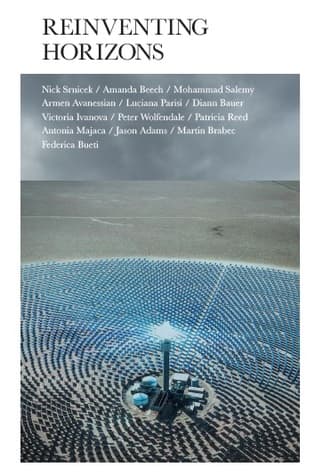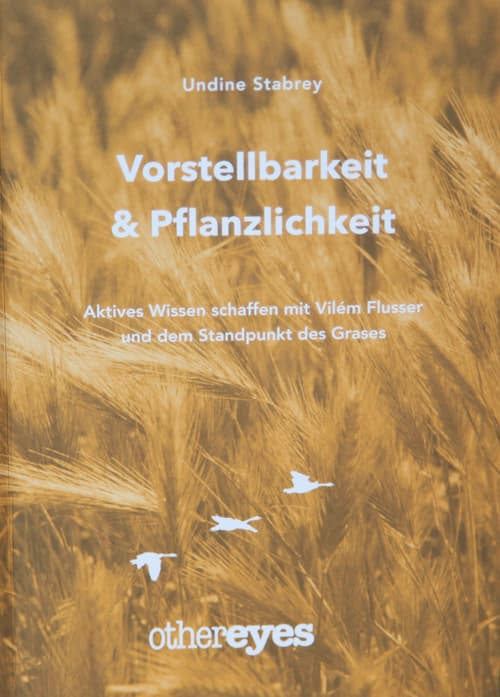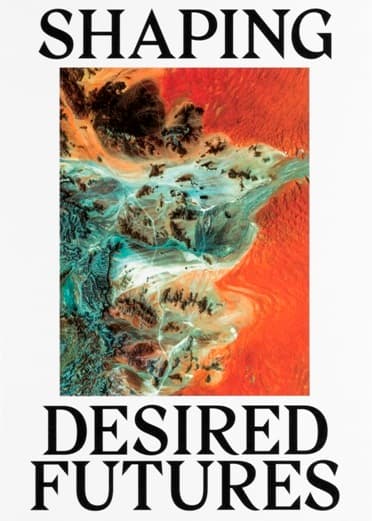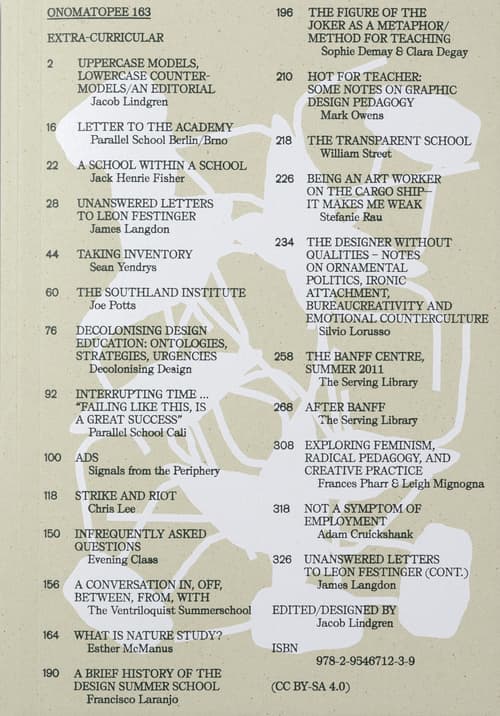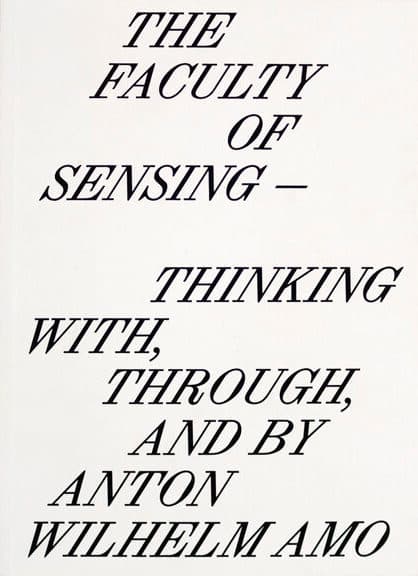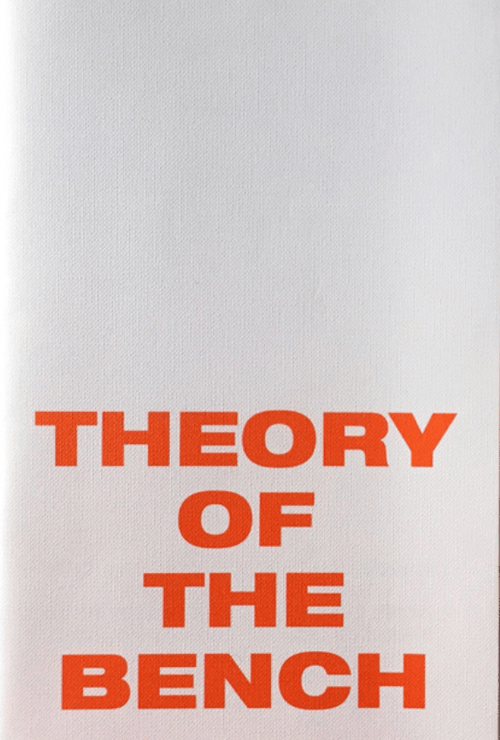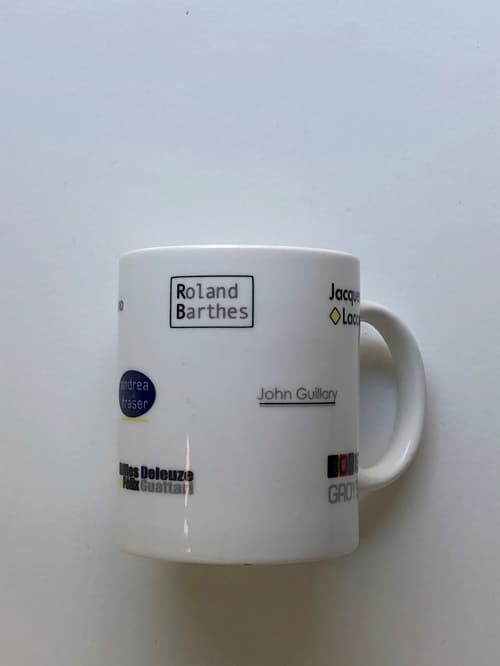La vie is like that takes its inspiration from the philosophical thought experiment 'The Ship of Theseus,' which reflects on the concept of the persistence of identity - if every part of an object is replaced over time is it the same object?
The book opens with a photograph of the ocean’s opaque surface. Unbound by land or sky, the water appears to extend endlessly. Through the middle of this expanse, a striking yellow highlight from the sun cuts a luminous path and invites us in. This image is accompanied by a passage titled “Ship of Theseus,” in which Duzant recounts the story of the mythical king who slayed the Minotaur, saving Athens’ youth from sacrifice and escaping with them by ship. The Athenians preserved their hero’s vessel, replacing each of its decaying planks over time, one by one, until nothing of the original remained.
Ancient philosophers used this myth to pose a paradoxical question: do the Athenians still possess the same ship that belonged to Theseus? Extending this question to her own identity, the artist writes, “I began to ponder the nature of this ship during a period of unprecedented change in my life. …[I]n a new country, was I the same person? In a new tongue?”
La vie is like that explores the connection between language and identity. The impetus for the work began as Magali Duzant was endeavoring to learn a language(s) whilst her father began forgetting his own. The work, in text and images, touches upon themes of change, immigration, connection, dementia, loss, speech, love, and humor. The book is structured as an alphabet primer (A is for Aphasia... E is for Emerson... U is for Umzug) that blends languages - reflecting her father's combinations of French, Creole, and English, as well as her own study of German.
Weaving its way between Greek myth, the lives of writers, Japanese shrines, grammar, and personal observations, the text builds a narrative around shifting identity and asks how the language we use shapes the people we become.
